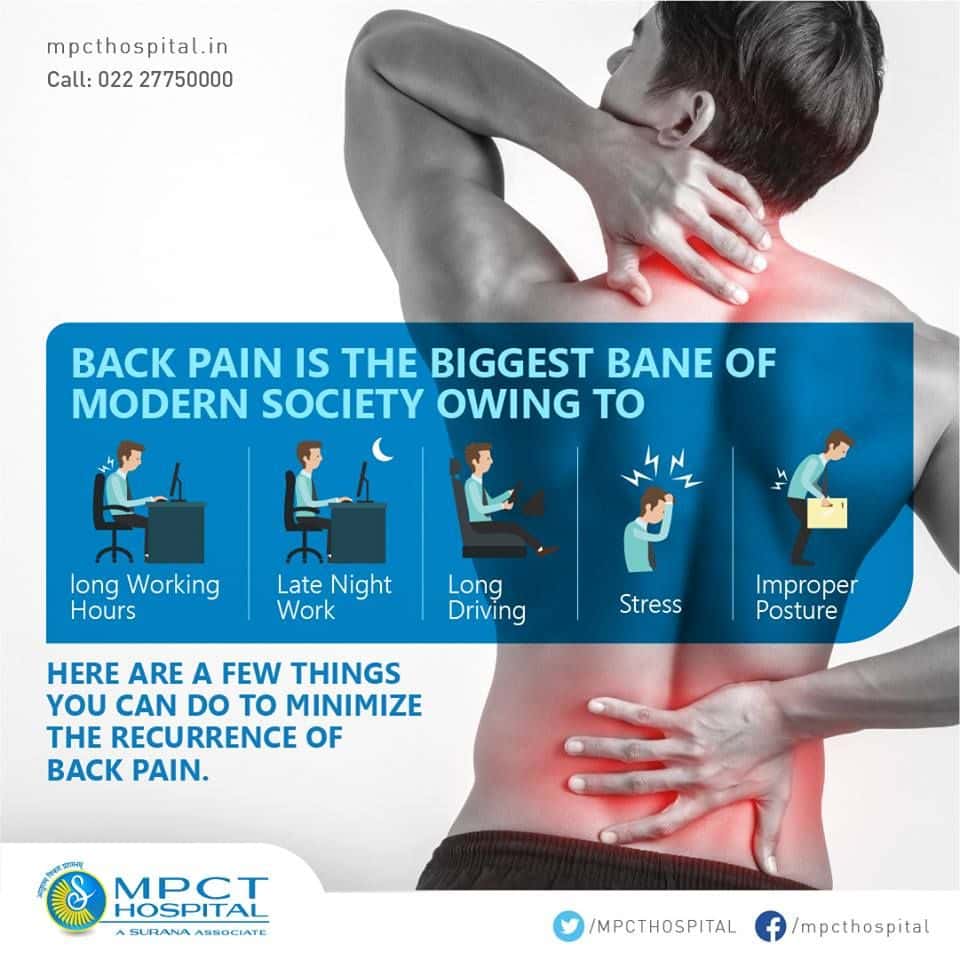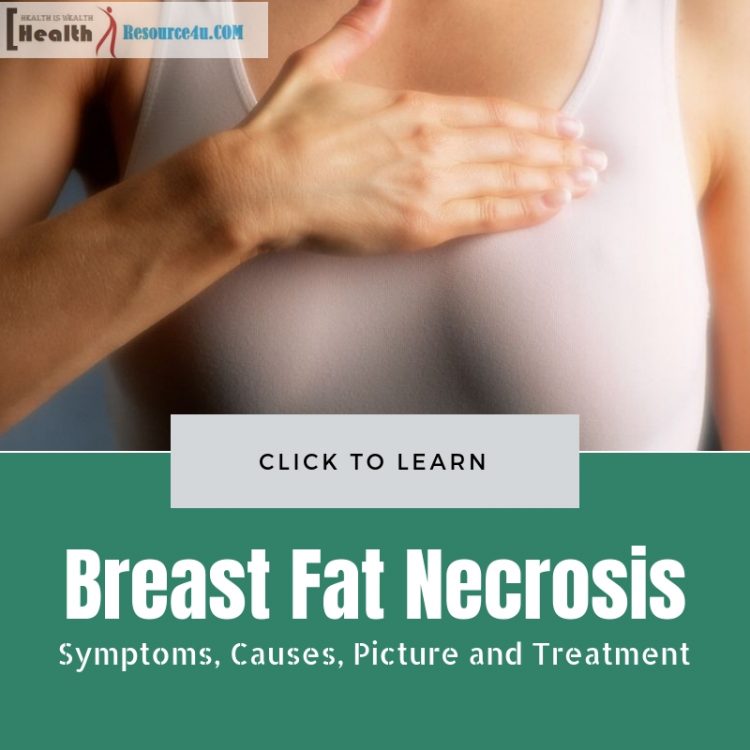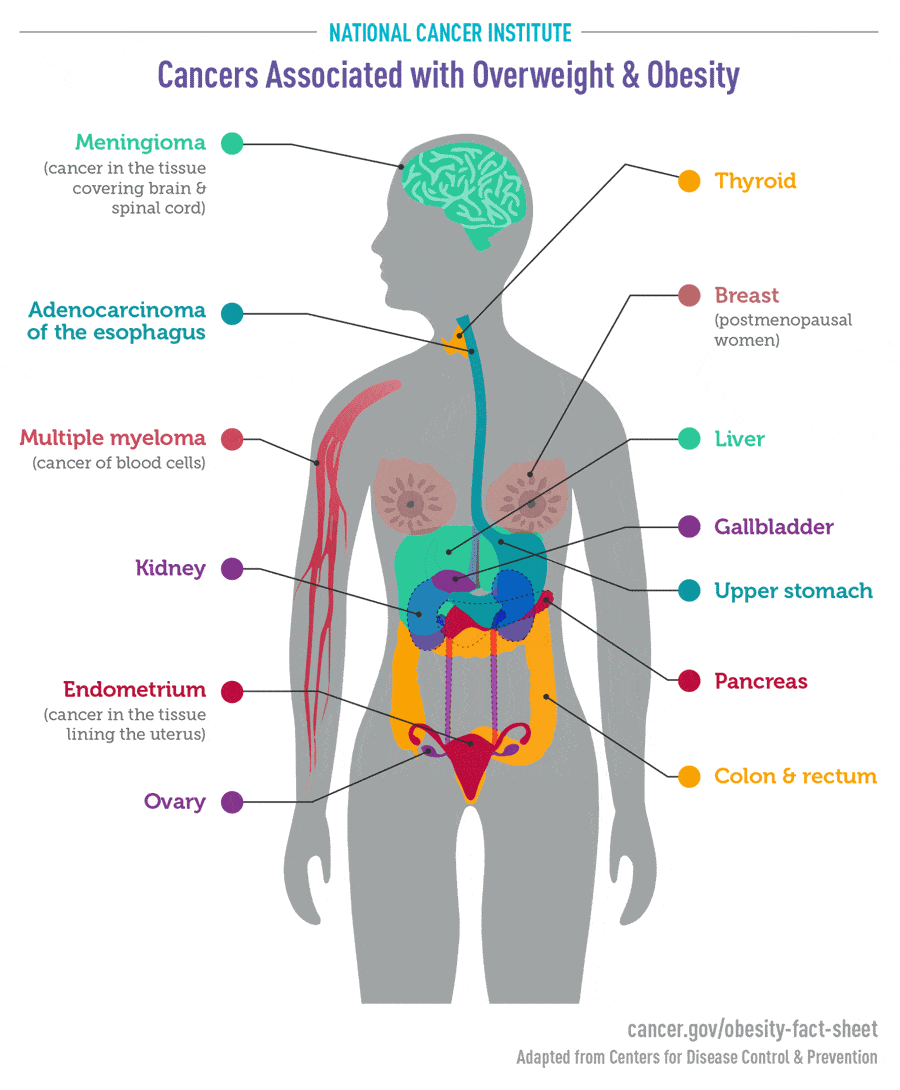The St Vincents Private East Melbourne Oncology Rehabilitation Programme
We encourage all our breast cancer patients to participate in The St Vincents Private East Melbourne Oncology Rehabilitation Programme.This 6-week outpatient program aims to facilitate recovery from cancer allowing the individual to return to an active and satisfying life. The oncology rehabilitation program comprises an organised group program that combines health education, exercise and support. We provide each patient with an individual, supervised exercise program and specific referrals to members of the multi-disciplinary team, where appropriate. The programme can be undertaken either prior to breast cancer surgery, in patients undergoing preoperative chemotherapy or after surgery.
The program includes:
- An initial assessment by a physiotherapist and rehabilitation physician.
- A customized exercise program supervised by an oncology physiotherapist.
- A comprehensive education program focused on support after cancer, management of treatment related side-effects and encouraging a healthy lifestyle to prevent cancer recurrence.
- Expert physiotherapist advice on managing treatment related impairments.
- Access to an open forum for both patients and support members to ask questions and share experiences.
Adult Body Fatness And Gallbladder Cancer
The mechanisms underlying the positive association of body fatness with gallbladder cancer development are likely to be similar to those proposed for other anatomical sites, namely development of metabolic syndrome and its components, such as hyperglycemia, dyslipidemia, hyperinsulinemia and hypertension. Chronic inflammation, production of growth factors and increased levels of pro-inflammatory cytokines are also possible cancer-promoting consequences of increased body fatness.
Interestingly, body fatness and metabolic syndrome appear to be associated with increased risk of gallstones, which has been observed as a major risk factor for gallbladder cancer development in various populations, likely through promotion of increased chronic inflammation at this site. The stronger association of body fatness with gallbladder cancer in women than in men may in part be due to adverse effects of female sex hormones on hepatic bile secretion and gallbladder function.
Is Being Overweight A Risk Factor For Cancer
In fact, according to the Centers for Disease Control and Prevention , more than 70% of American adults are overweight. This puts them at higher risk for serious conditions including diabetes, heart disease, and some types of cancer. For women, being overweight or obese after menopause increases the risk of breast cancer.
Don’t Miss: Is It Possible To Have Breast Cancer At 13
Does Weight Gain Occur After Menopause
Weight gain after menopause. Its not just the weight a woman gains after age 18 that seems important to risk. The weight a woman gains after menopause also appears to be linked to an increased risk of breast cancer . One large study showed women who gained 20 pounds or more after menopause had an 18 percent higher risk
Overweight Obesity And Health

Maintaining a healthy weight is linked to a lower risk of breast cancer after menopause and is one of the best things you can do for your health overall.
Women who are overweight or obese have an increased risk of many cancers and other health conditions, including :
Cancers
- Endometrial cancer
- Esophageal cancer
- Multiple myeloma
Read Also: Can Teenage Girl Get Breast Cancer
What Should I Eat During My Treatment
Stick to a well-balanced diet that includes fruit, vegetables, dairy products, breads, poultry, fish, and lean meat. A diet low in total and saturated fat helps lower your risk of heart disease, and also lowers the risk that your breast cancer will return.
It’s important to get enough protein. This helps build and repair skin, hair, and muscles during your treatment. It may improve your ability to exercise, too.
Good nutrition can help you with the side effects of chemotherapy, and help fight off infections. It lets your body rebuild healthy tissues more quickly.
Also, drink plenty of fluids to stay well hydrated, and to protect your bladder and kidneys while on chemotherapy.
Edema And Cancer Treatment
Certain exercises and diet changes can help, if edema is the cause of swelling. Your doctor may also prescribe medicine called a diuretic.
Edema, a condition in which fluid builds up in your bodys tissues, may be caused by some types of chemotherapy, certain cancers, and conditions not related to cancer.
Signs of edema may include:
- swelling in your feet, ankles, and legs
- swelling in your hands and arms
- swelling in your face or abdomen
- skin that is puffy, shiny, or looks slightly dented after being pressed
- shortness of breath, a cough, or irregular heartbeat
Tell your health care team if you notice swelling. Your doctor or nurse will determine what is causing your symptoms, advise you on steps to take, and may prescribe medicine.
Some problems related to edema are serious. Call your doctor or nurse if you feel short of breath, have a heartbeat that seems different or is not regular, have sudden swelling or swelling that is getting worse or is moving up your arms or legs, you gain weight quickly, or you dont urinate at all or urinate only a little.
You May Like: Where Does Breast Cancer Usually Spread
Recommended Reading: What Foods To Avoid If You Have Breast Cancer
Living With Breast Cancer
Being diagnosed with breast cancer can affect daily life in many ways, depending on what stage it’s at and what treatment you’re having.
How women cope with their diagnosis and treatment varies from person to person. You can be reassured that there are several forms of support available, if you need it. For example:
- your family and friends can be a powerful support system
- you can communicate with other people in the same situation
- find out as much as possible about your condition
- don’t try to do too much or overexert yourself
- make time for yourself
Read more about breast screening
Adult Body Fatness And Kidney Cancer
The vast array of epidemiological studies using diverse measures of obesity, such as weight, BMI or waist-hip ratio as well as increases in adult weight, all show similar positive associations with the risk of renal cell cancer and likely share common mechanisms.
Body fatness is a systemic process affecting host metabolism, as well as many components of the endocrine system or microenvironment, that may affect kidney carcinogenesis. For example, obesity is associated with raised levels of mitogenic and anti-apoptotic growth factors such as insulin or bioactive IGF-1 that may promote the carcinogenic process.
Higher concentrations of adiponectin, a protein secreted by adipose tissue that is inversely related to body fatness, have been associated with lower risk of kidney cancer. In vitro experimental studies have shown that adiponectin inhibits cellular proliferation and promotes apoptosis.
Obesity increases the risk of metabolic syndrome, which includes hypertension and obesity, both of which are associated with a greater risk for renal cancer. Obesity is associated with a chronic inflammatory state that may alter susceptibility to cancer or promote carcinogenesis.
You May Like: Are There Ways To Prevent Breast Cancer
Why Do Weight And Muscle Loss Happen
One cause is the cancer itself. For example, in an effort to fight the cancer, the body produces substances called cytokines. These substances can lead to weight loss, muscle loss, and a decrease in appetite. Another common cause is the treatments for cancer. Radiation and chemotherapy often cause a decrease in appetite. They can also lead to side effects such as nausea, vomiting, and mouth sores, which can affect your ability to eat normally, further contributing to weight and muscle loss. Fatigue is also a factor, since the decreases in exercise and other physical activities that happen when youre not feeling well can contribute to muscle loss. For more information on treatment side effects like fatigue and mouth sores, read CancerCares booklet titled Understanding and Managing Chemotherapy Side Effects.
Weight Gain Following Breast Cancer Diagnosis: Implication And Proposed Mechanisms
Correspondence to: Grace Makari-Judson, MD, Baystate Regional Cancer Program, Baystate Medical Center/Tufts University School of Medicine, 376 Birnie Avenue, Springfield, MA 01199, United States.
Telephone: +1-413-7945433 Fax: +1-413-7943613
Also Check: How Is Stage 0 Breast Cancer Treated
Adult Body Fatness And Cervical Cancer
Specific biological mechanisms underlying the association between body fatness and cervical cancer are not well understood, but may be similar to the mechanisms proposed for other cancers.
Experimental models of cervical cancer are poorly developed, and few have been employed in studies of diet and nutrition. A major cause of cervical cancer is infection by human papilloma virus , and it is plausible that certain hormonal and metabolic changes that are common in obesity could act as co-factors in HPV-related carcinogenesis.
For example, higher circulating oestrogen and androgen levels are common in obese women and in mouse models of HPV-induced cervical cancer, and oestradiol has been shown to synergise with HPV oncogenes to promote the development of cervical cancer. However, this would not represent a plausible mechanism in younger women as obese premenopausal women do not generally have raised oestrogen levels.
Other possible biological mechanisms include obesity-induced changes in immune function that could affect clearance of HPV infection and elevated levels of inflammation however, direct evidence for a link between these pathways and cervical cancer is only beginning to be examined.
Sharp Climb In Weight Gain After Breast Cancer Diagnosis

Kristin Jenkins
Significant weight gain after a diagnosis of breast cancer may be a bigger problem than previously thought, and clinicians need to do more to help patients manage it, say the authors of a national survey conducted in Australia.
“We found that two-thirds of our respondents were currently overweight or obese,” report Carolyn Ee, MBBS, PhD, of the NICM Health Research Institute, Western Sydney University, Penrith, New South Wales, and colleagues.
“Because weight gain after breast cancer may lead to poorer outcomes, efforts to prevent and manage weight gain must be prioritized and accelerated particularly in the first year after diagnosis,” they comment.
Their article was February 20 in BMC Cancer.
The 60-item anonymous online survey was sent to 1835 members of the Breast Cancer Network Australia Review and Survey Group.
Although the response rate for the online survey was only 15%, most women reported a “high” level of concern about weight gain and with good reason. The results showed that 64% of women gained an average of 9 kg , and 17% gained > 20 kg .
In the 2-year period following a breast cancer diagnosis, the rate of overweight and obesity increased from 48% to 67%. The rate of obesity alone almost doubled, from 17% to 32%.
In a press statement, Ee noted that 77% of women reported that weight gain had occurred in the 12- to 18-month period after diagnosis. This could provide a “window of opportunity” for intervention, she said.
You May Like: What Are The Early Warning Signs Of Breast Cancer
Can Unexpected Weight Gain Be A Sign Of Cancer
Weight gain is also common and may be unexpected. It can happen before, during and after cancer treatment. Some tumours can cause an increase in weight, possibly because of their size, and fluid in the tumours can also cause weight gain. If you are overweight or obese, your doctor may advise you to lose weight to reduce your risk of developing cancer.
Diet And Cancer Report 2018
In 2018, we produced the Diet and Cancer Report, the third in our series of major reports looking at the many ways in which our diets, and how active we are, affect our cancer risk. You can find out much more about weight gain and the risk of cancer by . Please note, however, that this webpage may have been updated since the report was published.
Also Check: What Is Brca1 And Brca2 In Breast Cancer
What Do Lumps In My Breast Mean
Many conditions can cause lumps in the breast, including cancer. But most breast lumps are caused by other medical conditions. The two most common causes of breast lumps are fibrocystic breast condition and cysts. Fibrocystic condition causes noncancerous changes in the breast that can make them lumpy, tender, and sore. Cysts are small fluid-filled sacs that can develop in the breast.
Links with this icon indicate that you are leaving the CDC website.
- The Centers for Disease Control and Prevention cannot attest to the accuracy of a non-federal website.
- Linking to a non-federal website does not constitute an endorsement by CDC or any of its employees of the sponsors or the information and products presented on the website.
- You will be subject to the destination website’s privacy policy when you follow the link.
- CDC is not responsible for Section 508 compliance on other federal or private website.
Ductal Carcinoma In Situ
Ductal carcinoma in situ refers to an area of abnormal cells on one milk duct.
When a person receives this diagnosis, the cells have not invaded the surrounding breast tissue. However, having ductal carcinoma in situ can increase the risk of developing invasive breast cancer later.
This condition generally does not cause symptoms. Doctors find through mammography. Rarely, a person may notice a lump in the breast or some discharge from the nipple.
Don’t Miss: Normal Breast Vs Breast Cancer
Too Stressed To Be Slim
Conjure up an image of an anxious person in your minds eye. Theyre probably skinny with all that worry, arent they? But according to Dr. Glenville, stress is another factor in the bodys hoarding of fat stores.
The stress of diagnosis and treatment can lead to weight gain, because cortisol, the so-called stress hormone, can affect what you eat, she explains. Basically a body under stress wants to keep a fat store in order to protect itself. If we were fighting for our lives, this would be very beneficial in a famine situation. Not so great, though, if you just want to look good in your jeans.
So, our hormones natural or artificial are against us our age is against us, and even being stressed can make us fat. You could be forgiven for wondering if there was any hope for your waistline at all. Thankfully, though, there is a way, and its all about balance. Youll also be pleased to know you can forget fad diets once and for all, and running marathons isnt the answer either.
Read Also: Can Cancer Come Back In The Same Breast
General Health And Wellness
Breast cancer is the most common cancer among women in the United States effecting one in eight women. Millions of women are surviving the disease thanks in part to early detection and improvements in treatment. Here are 14 Early Warning Cancer Symptoms That Often Get Ignored.
Sudden Changes In Skin
If you have a mole that is rapidly changing shape, color or size, call a dermatologist immediately.
Frequent Infections And Lengthy Fevers
If you have a fever that just wont go away, and theres no other justifiable cause, it may mean youre suffering from a blood-related cancer like leukemia.
Lumps Under Your Arms, On Your Neck Or Groin & Swollen Lymph Nodes
Sudden, drastic changes in your lymphatic system can definitely be a sign of lymphoma and other cancers.
Stubborn Back Pain
Long-lasting backaches are a clear sign of bone, liver breast and a variety of other dangerous cancers. If you have any pain thats lasted over a month, reach out to your doctor immediately.
Sudden Changes In Your Nails
Color or form changes in your nails such as clubbing is a big indicator or lung cancer. Although theyre hard to notice, its important to pay attention to and record any changes over a short period of time.
Chronic Cough, Shortness Of Breath & Wheezing
Oral Changes
Small white spots inside your mouth or on your lips are both signs of oral cancer. This is especially true with those who smoke cigarettes!
Chronic Heartburn
Sore, Swollen or Red Breasts
Weight Loss
You May Like: What Does Stage 3a Breast Cancer Mean
Weight Gain Metabolic Syndrome And Breast Cancer Recurrence: Are Dietary Recommendations Supported By The Data
Nicole L. Simone
Abstract
Metabolic syndrome, which can include weight gain and central obesity, elevated serum insulin and glucose, and insulin resistance, has been strongly associated with breast cancer recurrence and worse outcomes after treatment. Epidemiologic and prospective data do not show conclusive evidence as to which dietary factors may be responsible for these results. Current strategies employ low-fat diets which emphasize supplementing calories with increased intake of fruit, grain, and vegetable carbohydrate sources. Although results thus far have been inconclusive, recent randomized trials employing markedly different dietary strategies in noncancer patients may hold the key to reducing multiple risk factors in metabolic syndrome simultaneously which may prove to increase the long-term outcome of breast cancer patients and decrease recurrences. Since weight gain after breast cancer treatment confers a poor prognosis and may increase recurrence rates, large-scale randomized trials are needed to evaluate appropriate dietary interventions for our breast cancer patients.
1. Introduction
Although dietary strategies are not often imparted to patients completing treatment in the survivorship stage of disease, recently, more effort has been made to invoke dietary modification. Most dietary strategies have focused on reducing fat and increasing fruits, vegetables, and grains in an attempt to decrease recurrence risk.
2.1. Adipokine Secretion by Adipose Tissue
Menutap On Me To See The 12 Symptoms Of Breast Cancer Explained

You May Like: Breast Cancer Risk Assessment Tool